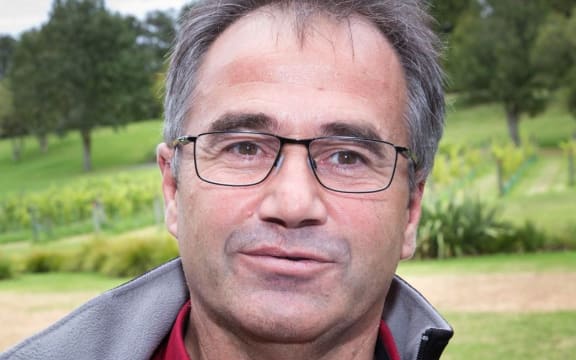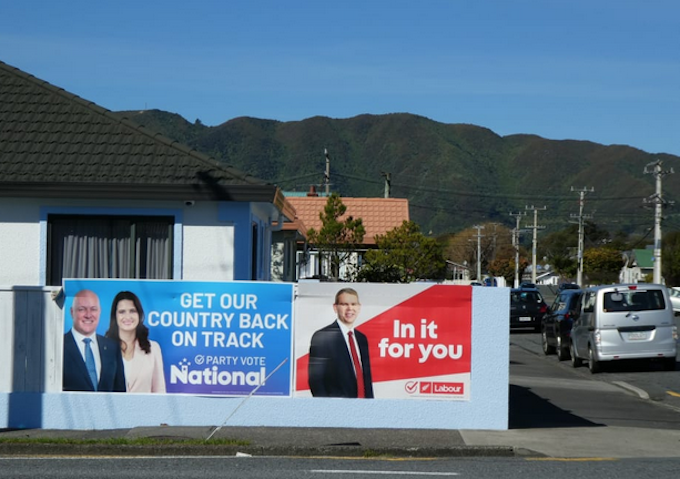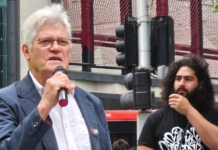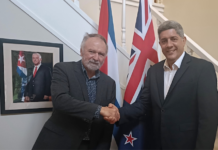An academic says the power of Pacific voters is growing, giving them increasing influence in upcoming Aotearoa New Zealand elections.
University of Auckland associate professor in statistics Andrew Sporle said the Pacific population was growing faster than other groups, meaning the voter base of people with Pacific heritage was growing.
“More than half of the Pacific population is under the age of 25, so every election, what that means is [that] there’s another 25,000 Pacific voters.”
- READ MORE: NZ election 2023: Raucous Northland debate crowd rails at covid, te reo Māori mentions
- Other NZ election 2023 reports
A/Professor Sporle told the Pacific Media News morning show those extra votes could be the difference between a candidate getting into Parliament or not — especially in the largest city.
“You can see in all these marginal electorates, especially in Tāmaki [Auckland], what really drives the result is voter turnout, and imagine being able to mobilise those 25,000 people and get them out to vote.”
Tongan Advisory Council Auckland chair Melino Maka said some parties make the mistake of overlooking Pacific voters.
“Our community is traditionally ‘Don’t vote’. People who vote, that’s where the resources of the government of the day will be directed.
“So it’s mainly if you are palagi, and if you’re middle income, you vote, and your interest will be served before us.”
Pacific communities care about promises
Maka said Pacific communities care about election promises on issues like public transport and dental care, but also remember the Dawn Raids apology, marred by recent events and inaction.
“The apology, personally, was a hollow apology. As you can see, a few weeks after, they raided a man right in front of his kids and family.
“Immigration policy, they talk about it and they say they’re doing something about it. They’ve been looking at it for the last six years, and I think if they [Labour] get back into power, they’ll still be looking into it for the next three years.”
What about the opinion polls which are trending towards a National-led government?

Associate Professor Sporle warns people not to read too much into the election opinion polls, saying there are things to consider.
“Timing of the poll, if it was two weeks ago, does that really reflect what’s going on today, because there might have been some big news. The further out from the election, the worse it is for predicting the results.
“Then I look at the margin of error, and I look at how many people said they don’t know, because at the moment, 40 percent of people haven’t made up their mind, but that’s still a large amount.”
Need to take Pacific seriously
Meanwhile, Maka said the Labour Party and others needed to take Pacific voters seriously.
“The Pacific block has always been underestimated, and if they manage to get their people to sell [their policies] to our community in a way that’s not complicated, I think they will have a turnout and maybe the result will be closer . . . but the time is running out.”
The election takes place on October 14.
The outgoing Parliament contains 12 Pasifika MPs including the Deputy Prime Minister Carmel Sepuloni.
This article was first published by the Pacific Media Network and is republished thanks to a community partnership with RNZ Pacific.















































